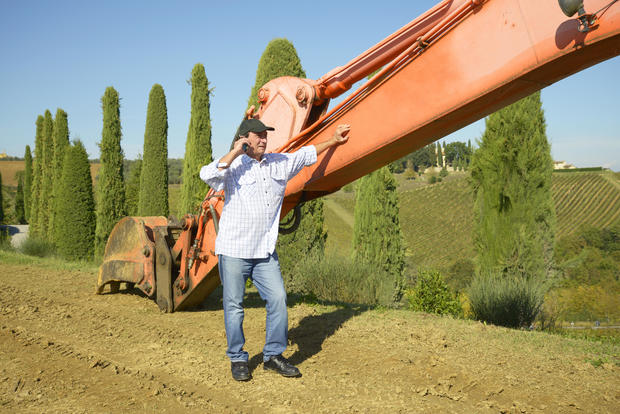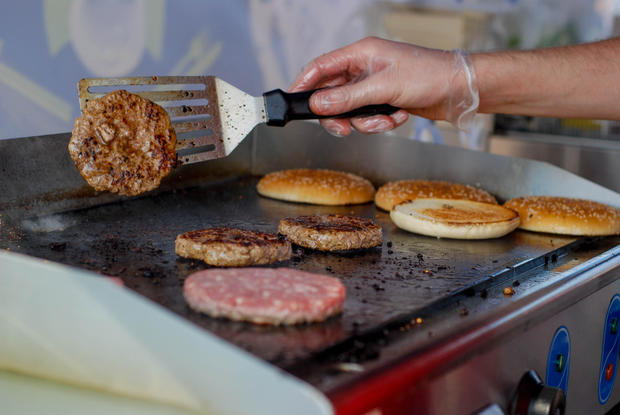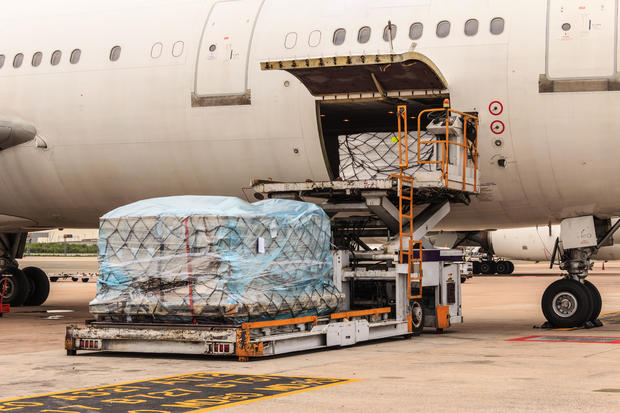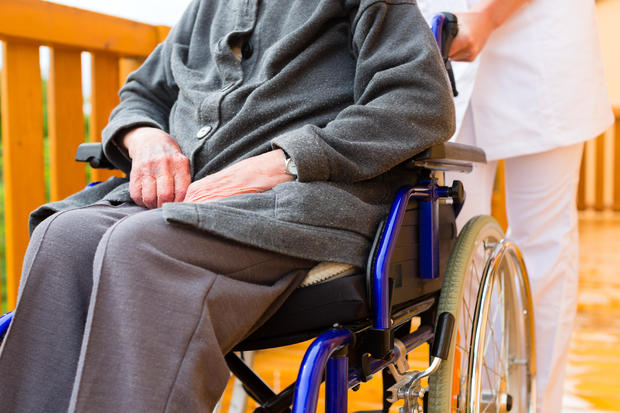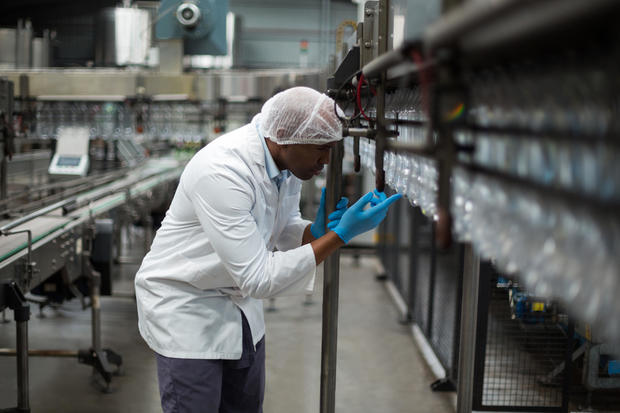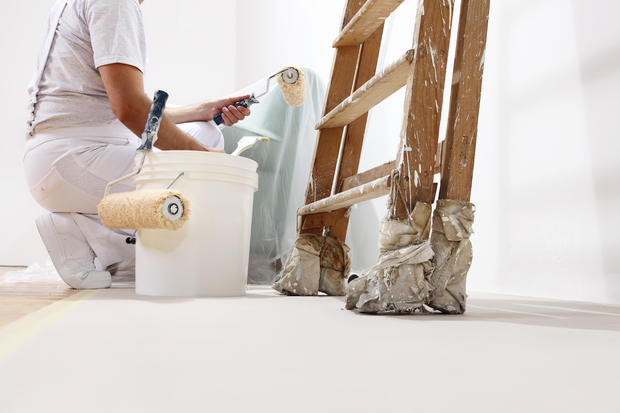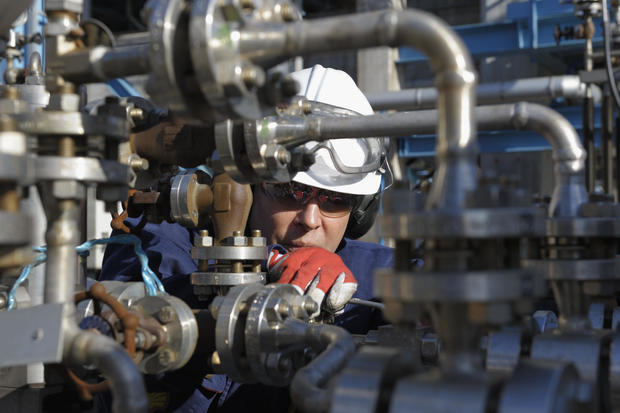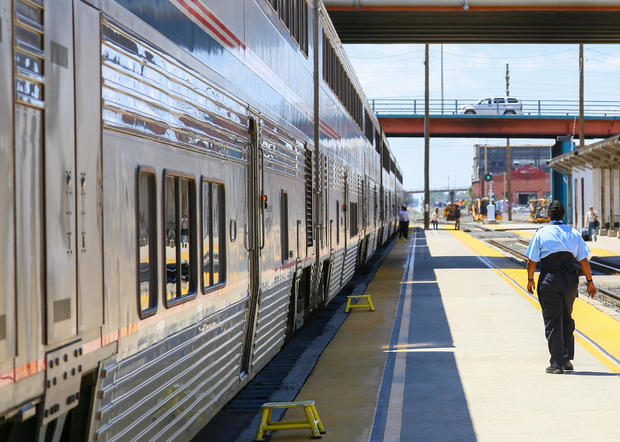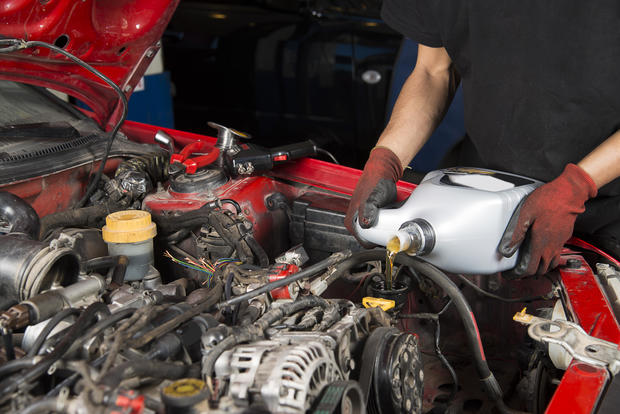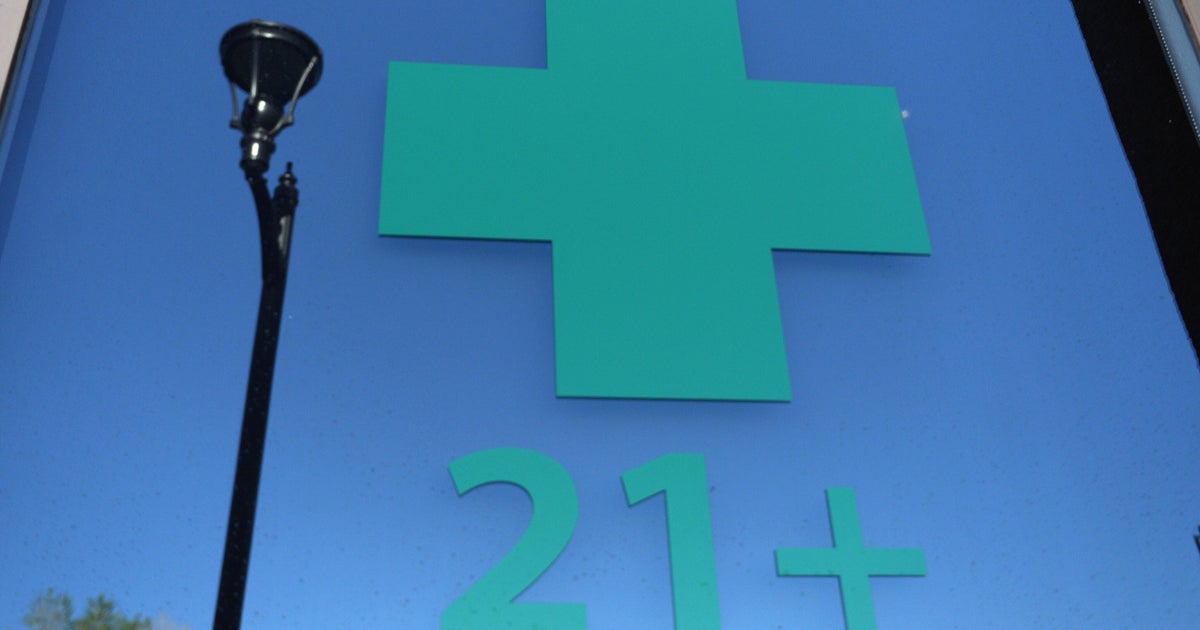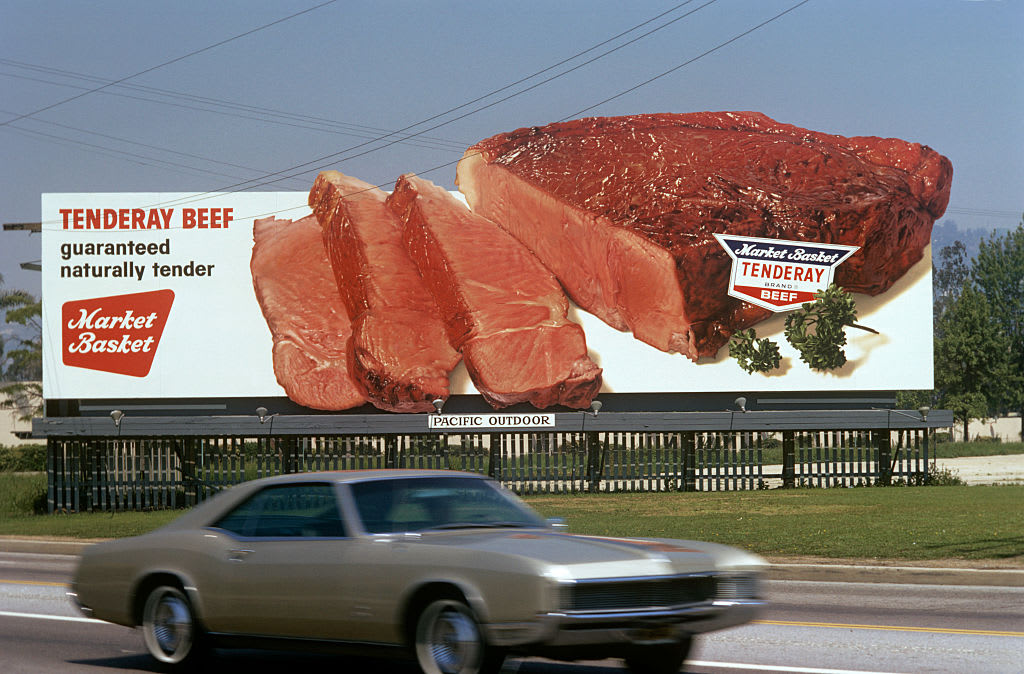America's most sleep-deprived workers
The American Academy of Sleep Medicine says adults need at least 7 hours of sleep per day for optimal health. Lack of sleep has been linked to heart disease, obesity, diabetes, depression, and anxiety — not to mention safety issues like drowsy driving and injuries, the CDC reports.
But many Americans are chronically sleep-deprived. A new report from the CDC looks at how many U.S. workers in different fields aren’t getting the recommended 7 hours or more, and the results are, well, eye-opening.
Click through for a look at the 25 occupations with the highest percentage of workers falling short on sleep.
#25: Artists and designers
The survey found 39 percent of workers in the art and design field get less than 7 hours of sleep per night.
The CDC report is based on data from nearly 180,000 workers in 93 different occupations across 29 states in 2013-14.
#24: Law enforcement officers
The CDC survey found 39.8 percent of law enforcement officers don’t meet the minimum recommendation of 7 hours of sleep each day.
#23: Medical practitioners
Many professionals in this broad category of health diagnosing and treating practitioners — including doctors, dentists, surgeons, chiropractors, registered nurses, nurse practitioners, pharmacists and physician assistants — aren’t getting their zzzz’s.
39.7 percent get less than 7 hours of sleep per day.
#22: Woodworkers
The survey found 39.2 percent of woodworkers fall short on sleep.
#21: Health technicians
The survey found 40.4 percent of health technologists and technicians get less than 7 hours of sleep.
#20 (tie): Material moving workers
According to the CDC, 40.5 percent of movers and shippers aren’t getting enough sleep.
#20 (tie): Drafters, engineering and mapping technicians
40.5 percent of workers in this field get less than 7 hours of sleep.
#18: Building and grounds maintenance supervisors
The survey found 41.2 percent of building maintenance and groundskeeping supervisors get less than 7 hours of sleep.
#17: Cooks and food prep workers
Professional kitchens are notoriously high-stress places to work and often come with shifts that stretch late into the night. The new CDC report finds 41.4 percent of cooks and food prep workers aren’t getting enough shut-eye.
#16: Science technicians
41.8 percent of technicians in the life sciences, physical sciences and social sciences get less than 7 hours of sleep.
#15 (tie): Transportation and material moving supervisors
The demands of this field are 24/7, and 43.3 percent of supervisors fall short on sleep.
#15 (tie): Health aides
Nursing, psychiatric and home health aides are needed more than ever as the U.S. population ages. The CDC reports 43.3 percent of these workers are falling short of the recommended minimum of 7 hours of sleep.
#13: Plastics and metal workers
44 percent of these workers don’t get the recommended amount of sleep.
#12: Dispatch and distribution workers
44.6 percent of those who work in scheduling, dispatching and distribution don’t get enough sleep.
#11: Drillers and miners
“Extraction workers,” as the Labor Department refers to them, include oil and gas drilling crews, mining machine operators, and rock quarry workers. The CDC says 45.3 percent of them don’t get 7 hours of sleep a night.
#10: Misc. production workers
House painters, photo processors, jewelry and metal workers, cutting-machine operators and some laboratory technicians are included in this category. 45.6 percent of them fall short on sleep.
#9: Firefighters
Adrenaline may keep them going, but 45.8 percent of firefighters don’t get the recommended amount of sleep.
#8: Entertainment industry attendants
The workers who keep casinos, amusement parks, theaters and other entertainment complexes humming often work late into the night, and the CDC says 48.2 percent of them fall short on sleep.
#7 (tie): Food industry supervisors
48.9 percent of those who supervise food preparation and serving don’t get the recommended 7 hours of sleep.
#7 (tie): Production work supervisors
48.9 percent of production supervisors don’t get as much sleep as they should, according to the CDC survey.
#5: Plant and systems operators
These workers operate crucial machinery but may be feeling drowsy, as 49.6 percent of them don’t get a minimum 7 hours of sleep per day.
#4: Printing workers
50.9 percent of these workers get less than 7 hours of sleep.
#3: Railroad workers
Rail transportation workers have great responsibility for public safety, but the CDC finds 52.7 percent of them aren’t getting the recommended amount of sleep.
#2: Misc. transportation workers
Automotive service workers, parking lot attendants, bridge and canal tenders, and traffic control workers fall into this category, and 54 percent of them get less than 7 hours of sleep.
#1: Communications equipment operators
According to the CDC, 58.2 percent of communications equipment operators don’t get the recommended minimum 7 hours of sleep each day. That’s the highest percentage of any occupation in the survey.
